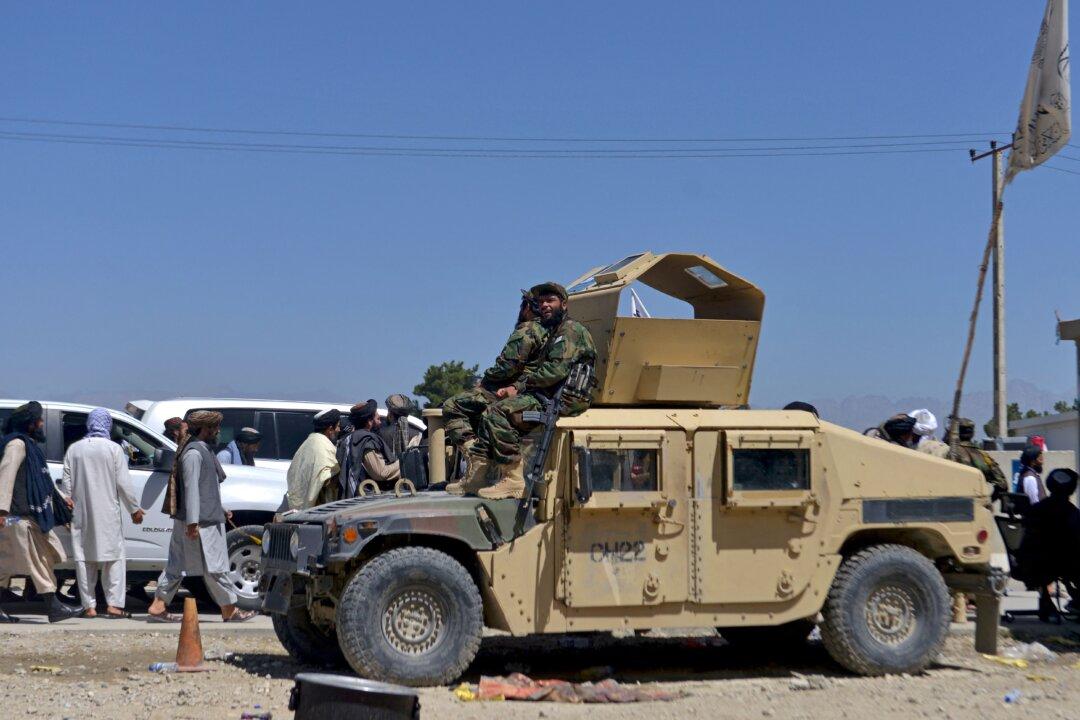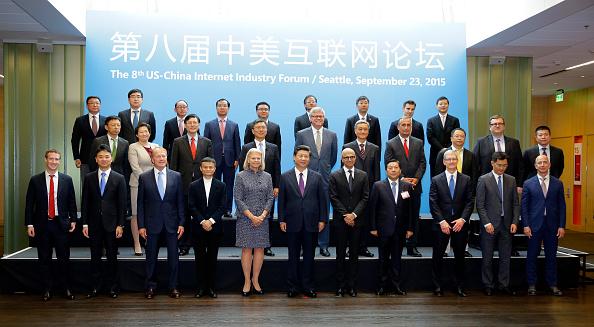Suing a Tyrant
The [Chinese] Constitution protects the right to sue any public official, including Jiang Zemin. Regarding the Falun Gong issue, Jiang illegally forced his personal opinion on the people and government.Following the constitution, people can supervise their officials, whether incumbent or resigned. As citizens, people can supervise and scrutinize former and current leaders.
Forcing His Will
Jiang’s persecution of Falun Gong is a crime against humanity. Using his position as a leader, Jiang launched the suppression of a faith group, of a [meditation] practice intended for fitness and well-being.[Prior to the persecution in 1999, former Chinese premier] Zhu Rongji told People’s Daily that Falun Gong was legal, and that the Chinese Communist Party would not ban it. He said he hoped that Falun Gong practitioners could have the peace of mind to continue their practice.
However, about a month later, I remember the Communist Party general secretary [Jiang] undermined the premier’s words like tearing a piece of wastepaper.
Zhu’s words reflected the law. What Jiang has done, seen from a legal point of view, is banditry. He illegally forced his will upon the State, he forced it onto the government and the people, a truly terrible thing.
Lawlessness
Jiang’s actions ignored the law. The Chinese people had no opportunity to go against, criticize, or monitor him.He’s inherited the worst characteristic from Mao Zedong, who had absolute power over the law and the state. The people had to tolerate this without raising any complaint.
How could one claim so much power just by being the general secretary or the state president? It’s against the law. The impact is extremely negative. Jiang Zemin, Mao Zedong, and Deng Xiaoping all had one thing in common—lawlessness. The damage brought to the morals of the Chinese nation and to society is beyond description.
The persecution of any citizen is the persecution of all citizens and society.
Lawsuits Are Not Political
What is a political movement? It is to use political power to attack something*. But such issues as the movement for free elections in Hong Kong are the aspirations of the people, not political movements.If Jiang Zemin is guilty of crimes, he is guilty even if you don’t put him on trial. No one has ever tried the first emperor Qin Shihuang. He’s dead, he died 2000 years ago. But everyone knows that Qin Shihuang burned books and buried scholars alive. He committed crimes. Is there any political movement needed to fight against Qin Shihuang?
Not only I, as a citizen, should support, I think the state should also support [the lawsuits against Jiang] in accordance with the law. The state should support every citizen’s legal action, and protect them from suppression.
It’s foolish to suppress, manipulate, and block opinion. Only Mao Zedong, Deng Xiaoping, and Jiang Zemin were stupid enough to believe that by cheating and suppressing people and sealing people’s mouths they control society. There are still people like them, but they are fewer and fewer, and their methods are less and less effective.




